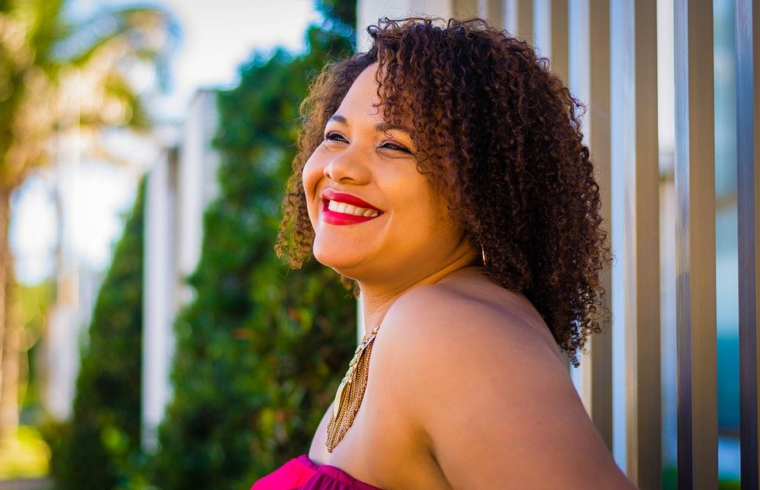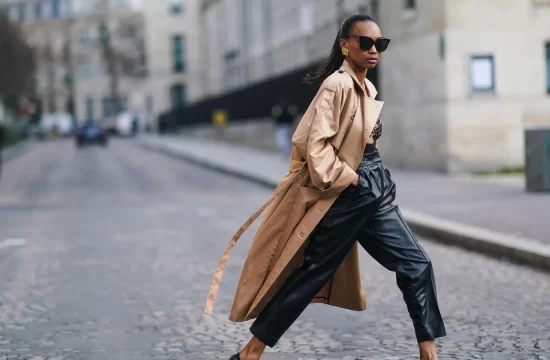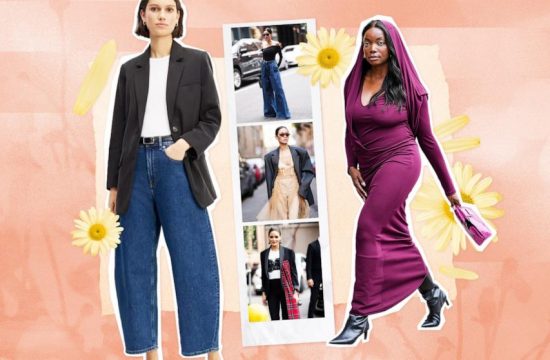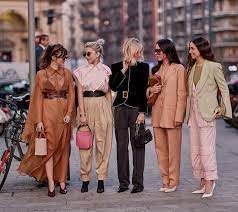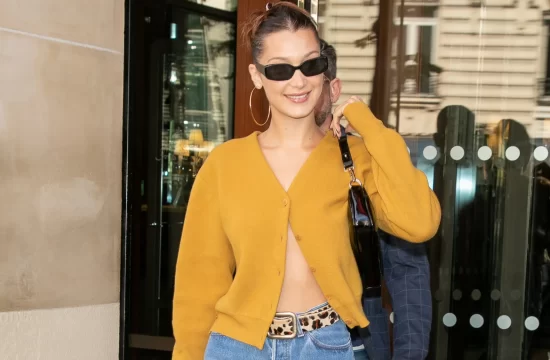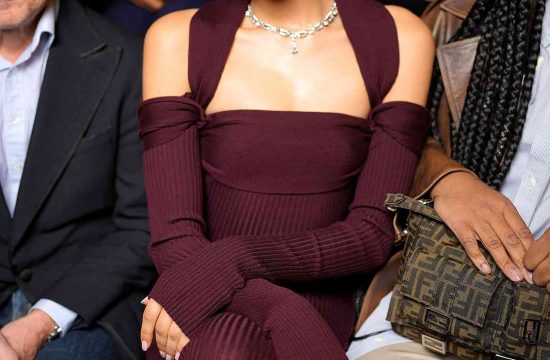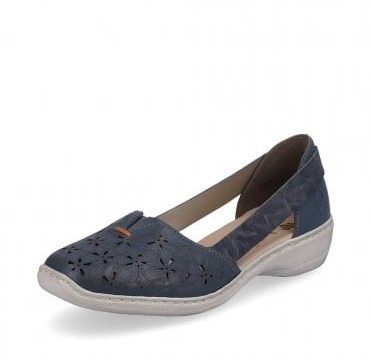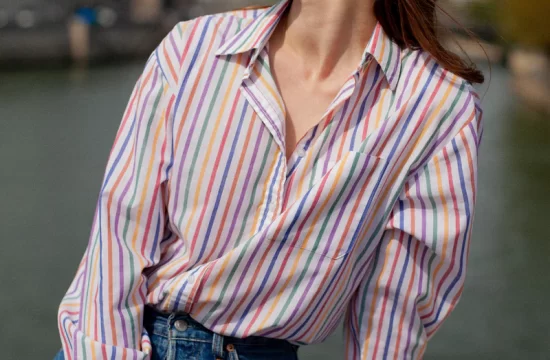In June of last year, when Nike placed plus size mannequins on its London stores, the news made headlines around the world. Body positivity activists lauded the brand’s move while inevitably some trolls came out of their caves and slammed Nike for “promoting obesity.”
Putting all the negativity aside, what Nike did was unprecedented. Plus sized community has often complained about a lack of representation and Nike took a big step forward towards inclusivity.

But Buying Plus Size Clothing is Still a Terrible Experience
As we start 2020, size acceptance in fashion is still not as mainstream as many inclusive brands would like you to believe. Sure you see plus size models on magazine covers and promoting new lines for the top clothing brands. But when the shoppers turn towards the stores to buy size friendly clothing –they’re faced with similar issues.
Whether they’re buying activewear or getting something for a day at the beach –curvy women face a myriad of challenges. “It’s clear that stores have a clear bias towards certain sizes, you will usually find the plus size department on a different floor or somewhere in the back”. Says Emiley Watson, a body positivity activist and a regular contributor at EMUCoupon. “If I go to Macy’s, I’ve to go all the way up to the 7th floor to buy jackets. It’s absolutely ridiculous. It seems to me they’re trying their best to hide that women like me even exist”. She said.
Bigger Models But Same Old Products
Some brands have been guilty of using plus size models for promoting new itemsbut not following through with size inclusive collections. Back on Jun 5, 2018, Madewell’s featured an image of Stella Duval in its Instagram feed. The curve model was donning a whiskered pair of high-waisted denim, advertising the brand’s extended-size denim line.
Commenters were excited. “Thank you for celebrating and embracing the diversity of women’s bodies.” one remarked”. Another exclaimed with great enthusiasm “THANK YOU FOR ADDING BIGGER SIZES!!!! AND INCLUDING BIGGER GIRLS IN YOUR VISUALS!! IM LITERALLY DYING WITH EXCITEMENT!!!!!!!!”.

However, a lot of people lauding the brand on Instagram may have been disappointed with what followed. Madewell’s new line did not exceed a dozen pairs of denim with limited fits. Curvy pairs were only available online and sold out in just a few hours.
More recently, a number of Beyoncé fans were disappointed to learn that XL will be the largest size on her latest Adidas x IVY Park collection.Queen B has been a staunch advocate of inclusivity and has consistently featured plus size backup dancers in her performances. Which is why, many curvy BeyHive members are feeling left out.
Ignoring Plus Size Market is Bad for Business
The general attitude of brands towards inclusivity is quite baffling if one stops to consider the potential of the plus-size market. Research by Coresight estimates that the industry will reach $24 billion in the US by this year. Its annual growth rate is twice that of the overall clothing market.
By ignoring a major section of the population, designers are letting lucrative opportunities slip by their hands. And this goes to show that the prejudice against bigger bodies is not only immoral but also a bad business strategy.
As The Curvy Fashionista editors, we write about stuff we love and we think you’ll like too. The Curvy Fashionista often has affiliate partnerships, so we may get a share of the revenue from your purchase.


